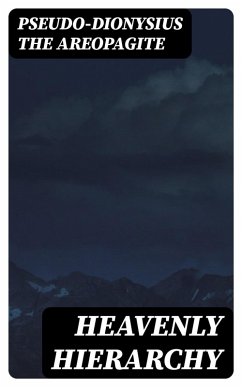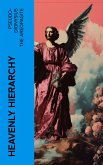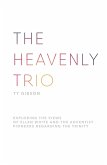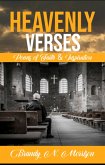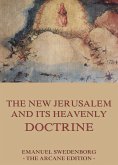In "Heavenly Hierarchy," Pseudo-Dionysius the Areopagite intricately explores the celestial orders of angels and their roles within the divine cosmos. Written in a poetic and mystical style, this seminal work delves into the Neoplatonic framework of the late antique period, intertwining philosophy with Christian theology. Pseudo-Dionysius employs a rich symbolic language that invites readers to contemplate the complexities of the divine empires and their influences on the earthly realm, effectively bridging the gap between the transcendent and immanent experience of spirituality. Pseudo-Dionysius, a fourth-century Christian theologian and philosopher, was heavily influenced by the writings of Plato and Plotinus, which permeate his theological discourse. His works were pivotal in the development of medieval philosophy and Christian mysticism, revealing a profound understanding of mystical union with God. The synthesis of Hellenistic thought and early Christian doctrine in "Heavenly Hierarchy" reflects his aim to articulate a systematic view of the heavenly realm, shedding light on the structure and purpose of divine beings. This text is highly recommended for both scholars and casual readers of theology and philosophy. "Heavenly Hierarchy" provides valuable insights into the interplay of spirituality and metaphysics, making it an essential resource for understanding the early roots of Christian angelology and the hierarchical model of the heavenly realm.
Dieser Download kann aus rechtlichen Gründen nur mit Rechnungsadresse in A, B, BG, CY, CZ, D, DK, EW, E, FIN, F, GR, H, IRL, I, LT, L, LR, M, NL, PL, P, R, S, SLO, SK ausgeliefert werden.

